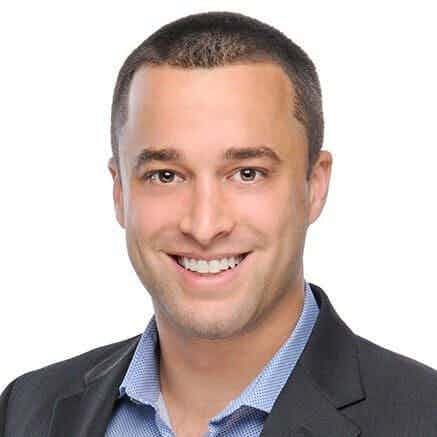Case: Sorce v. Sorce Enters. (In re Sorce), 2016 IL App (3d) 140425-U (Ill. App. Ct. 3d Dist. 2016)
On May 18, 1985, Roy and Agnes Sorce were married. During their marriage, Roy and Agnes had four children. Though the couple had been through extensive premarital counseling, Agnes testified that the marital problems “came to a head” in April 2004 when she informed Roy that she wanted to divorce him, and that he may not be the father of their children. On September 29, 2005, Agnes filed a petition for dissolution of marriage, and Roy asked that a paternity test be run first. A final judgment in this matter was not entered until April 28, 2014.
This appeal is from a final judgment entered in the nine-year dissolution of marriage proceedings between Agnes A. Sorce and Roy A. Sorce. On appeal, Agnes argued, among other things, that the trial court erred by refusing to impute additional income to Roy, particularly when it came to stocks he allegedly earned from his former company, Sorce Enterprises.
Expert Witness
On April 20, 2007, Sorce Enterprises effectuated a reverse stock split and bought back Roy’s share of his non-marital stock. Roy was no longer partial owner of the business. Roy sold his stock for $166,400 and did not question the value Sorce Enterprises paid to buy the stock from him. Agnes’s expert witness at trial, Neil Gerber, a certified public account, testified Roy received fair market value for his shares of the stock. Gerber also testified that Roy could have dissented to the reverse stock split, hired an attorney, and conducted a valuation of the corporation in order to ensure he was receiving his 20% of the value of Sorce Enterprises.
Gerber also testified that the when the company paid out bonuses to Roy, it paid half of all of the company’s profits to Roy in bonuses and the other half to Roy’s father, Allen Sorce. In 2004, the company paid all the profits to Allen. Gerber testified that if Roy had continued to earn bonuses under the same compensation policy as he did from 1999 to 2003, Roy would have received an additional net income of $2,148,000, assuming the company continued to pay Roy 50% of its net profits from 2004 through 2011.
Outcome
The trial court found that Roy had been complicit with Sorce Enterprises in the reduction of his income. This reduction of income was evidenced by the bonuses that were not paid in 2004 and 2005, which the Court believed was motivated by the fact that Roy and Allen did not want the money to be included in the “marital pot,” due to the significant problems in Roy and Agnes’s marriage.
However, the trial court determined that Agnes did not prove Roy’s bonus money had been set aside in order to avoid the “marital pot.” The trial court found that the testimony of Neil Gerber, Agnes’s expert witness, was “speculative” and that nine years had passed since Roy’s income decreased, making it next to impossible to determine what Roy would have received in bonuses during that nine-year period.
The trial court also found that Allen, as the major shareholder, was acting within his rights in deciding to decrease Roy’s salary.
About the author
Jared Firestone, J.D.
Jared Firestone, J.D., is a multi-disciplinary attorney with expertise in a range of legal areas. He founded and operated Firestone Law Firm PA in Hollywood, Florida, and worked as an Associate Attorney at Gustman Law P.C. in New York. His practice areas include Personal Injury, Criminal Defense, Medical Malpractice, Trusts & Wills, Civil and Commercial Litigation, Family Law, Real Estate, and Immigration. Additionally, he has experience in real estate, focusing on residential property in the Miami/Fort Lauderdale areas. Firestone also served as a pro bono Mediator at the Benjamin N. Cardozo School of Law Divorce Mediation Clinic. He holds a J.D. from Cardozo School of Law, where he honed skills in E-Discovery, Divorce Mediation, and Legal Writing, and a Bachelor’s degree in Philosophy from Tulane University.



